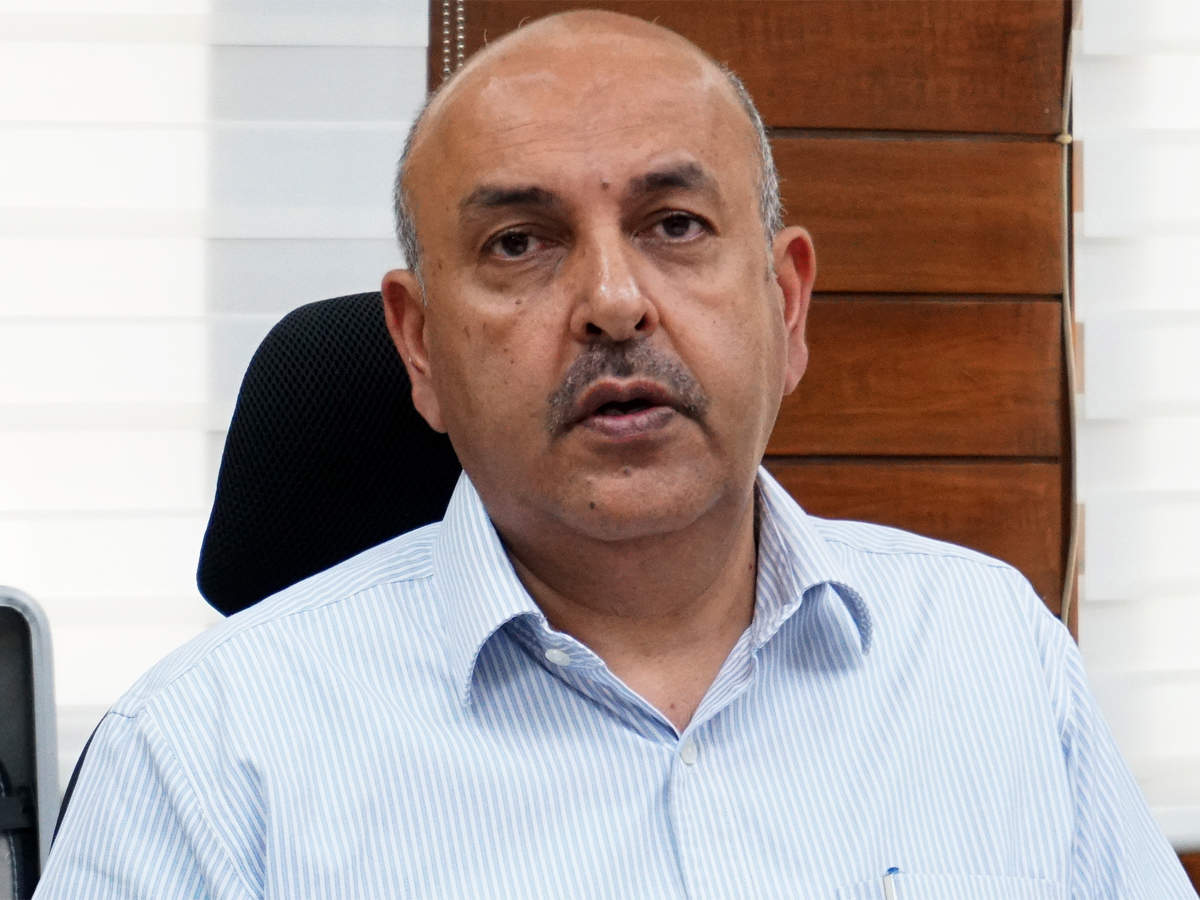(S&P Global Platts) India is open to the idea of a term deal with OPEC + to ensure price stability in crude supplies, Oil Secretary Tarun Kapoor said Oct 20 at the India Energy Forum by CERAWeek, erasing volatile price swings detrimental to the economic growth of Asia third-largest economy.
He said such a crude supply deal could take a cue from India’s existing long-term gas supply deals with countries like Qatar.
“Much like gas contracts that are of up to 25 years duration and priced at some benchmark, oil too should have long-term contracts with pricing benchmarked at some alternate fuels such as coal or even gas,” Kapoor said at the India Energy Forum.
India, the world’s third-biggest importer and consumer of crude, meets around 85% of its demand via overseas purchases with Iraq, Saudi Arabia and the United States being the top three suppliers. India also imports 55% of its gas demand via imports.
India state-run LNG company Petronet has a 25-year long-term gas supply contract with Qatar’s RasGas. Petronet also imports 1.44 million mt/y from Exxon’s Gorgon project in Australia under another term deal.
Kapoor said OPEC plus needs to raise crude output to meet the expectations of its consumers like India. Currently, India strikes one-time deals to buy crude from oil suppliers at the prevailing market price.
He said such a standalone deal ensures only stability in volume and not of the price which is linked to the global market at the time of delivery.
India has communicated to crude producers, including OPEC, that high oil prices would be counterproductive to oil producers and hasten the transition to alternate fuels.
“We have to now rethink,” Kapoor said.
He said India’s largest state-run refiner Indian Oil Corp (IOC) was open to the idea of buying as much as 70% of its crude demand under a long-term deal.
India’s oil minister Hardeep Singh Puri has highlighted the issue of high crude prices to Saudi Arabia, the UAE, Kuwait, Qatar, the US, Russia and Bahrain.
Puri conveyed in recent weeks India’s preference for a responsible and reasonable crude pricing mechanism that would ensure a win-win proposition for both consumers and producers.



